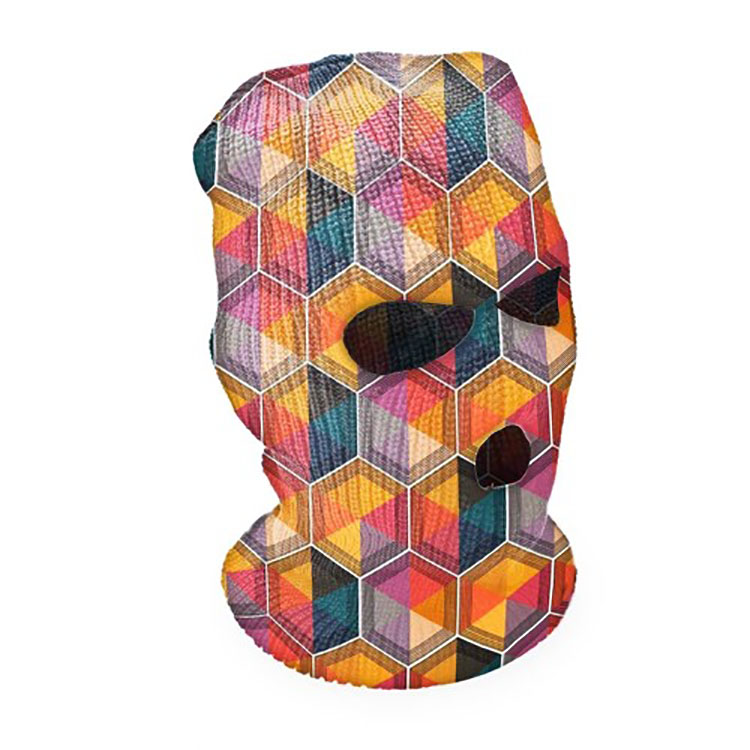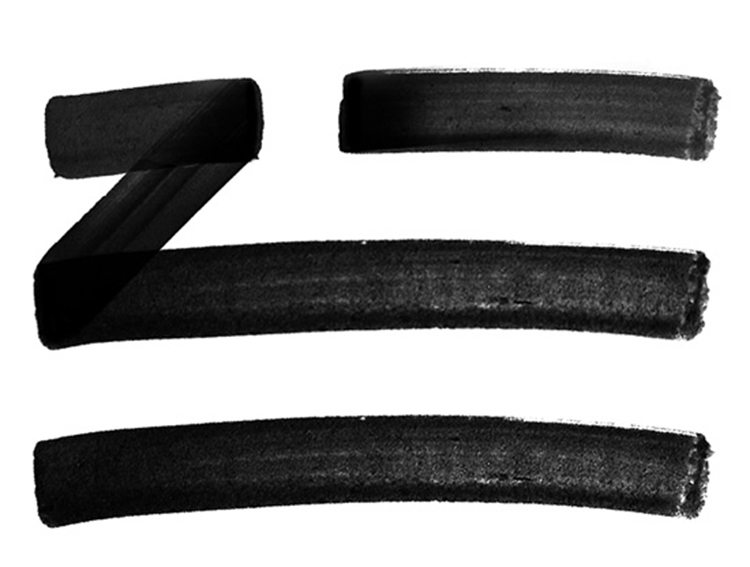In the past year or so, we have seen the emergence of more than just a few anonymous artists. They tend to have a distinct name and their music is released with plenty of initial support. It becomes a race then, to see which person can unmask the artist first, and there is plenty of speculation the entire time. The latest artist(s) to enter the anonymous spotlight is Malaa. Rumored to be the brainchild of DJ Snake and Tchami, Malaa has booked a few gigs already and the race is on to identify the artist behind the mask. Images of festival lineups with Malaa on them appeared to have DJ Snake’s name next to it, only to later be redacted.
This isn’t about speculation as to who is behind each mask, but rather, why the mask in the first place? There are a few aesthetic reasons for a mask to hide an artist’s face, for instance Daft Punk created an entire identity and brought electronic music into the mainstream with helmets and stunning visuals to accompany some of the best music ever made. There is Deadmau5 for whom the mau5head is a brand he works to put out into the world, though his identity has never been much of a secret. There are artists like Black Tiger Sex Machine that use their tiger masks to up the ante with their live show and create a brand that fans easily recognize. Bear Grillz has done much the same and used the bear head as a fun way to connect with fans and prove that having fun with what you do is all that matters. We have tyDi who revealed that his alias, WishIWas, was a front for his darker side that his label said wouldn’t sell well under the name tyDi.
On the other side of the coin are the artists that arrive with big name support and a mask to hide their identity. One of the first was Zhu, who slowly climbed his way into the spotlight with original music and a focus on the music, not his identity. He appeared to trick the music world into thinking Skrillex was part of the project with a performance in Australia, though the internet hounds have come to identify Zhu, with his name and face not being much of a focus at this point.
Though Zhu started the trend, we have seen trap star UZ emerge in the spotlight with festival trap anthems and releases that have garnered huge support. Is this a well-known artist changing genres, releasing music as a new artists despite being an established name elsewhere? The same could be said for Marshmello, though the internet detectives seem to have nailed his identity down with a slip of the tongue by Skrillex in a TV interview. We were then treated to Hi-Lo who trumpeted onto the scene with massive support and high-quality production, seemingly out of nowhere. The ruse was up quickly as Oliver Heldens chose to reveal the side project along with his Heldeep Records project. Lastly, we have the high profile artist, Malaa, that appeared out of thin air with big name support and already being booked as a headliner to festivals. At this point, new anonymous artists are fairly common and the general consensus is to roll our eyes, enjoy the music, and find out the identity of the artist within a few days.
What then is the purpose of these secret identities?
It seems as though when an established artist creates and anonymous side project, the genre of music created differs wildly from the original artist. We see that pretty clearly with Dillon Francis and DJ Hanzel. Though it’s clear it is the same person, Dillon releases moombahton under his name, while DJ Hanzel plays mostly deep house. Fans have embraced this character shift for Dillon, but would they have if he had released it all under his own name?
I doubt it.
From perusing twitter and talking to folks at festivals, once an artist establishes themselves with a particular genre, it is not easy for them to go in a new direction with the support of their fans. A good example is Tiesto who was one of the legends of trance music. In the past 5-7 years, he has changed the game and played mainly house music, delving into other genres as well. Many fans of the trance that made Tiesto famous, are the first to bash him for “selling out” and giving in to what is popular. This attitude is what forces big name artists into playing a new style of music under some anonymous name, their fans wouldn’t support a new direction for them under their original name. As fans of electronic music and the open and accepting culture we tout that we have, this attitude towards artists is abhorrent. We should be ashamed at the fact we would turn our backs on our favorite artists because they want to explore a new sound, yet if they do so under an anonymous name, we applaud and congratulate them.
We should want our favorite artists to explore new sounds, try new genres, and mix things up. With such a creative industry, it is guaranteed that new genres will pop in and out of the mainstream and there is absolutely nothing wrong with an artist following the times, or choosing to weave a path in and out of it. It is high time we respect artists for their changing tastes in music, just as ours have changed over the years, and will continue to change in some ways for the rest of our lives. We love the hype and thrill of the discovery with anonymous artists, but we should not bash any that choose to explore a new style or genre simply to branch out. It goes against our culture and everything that electronic music was built on. Electronic music itself was a deviation from the norm, and now we reject artists that want to try new things. What sort of message does that send?
Not the right one. However some of the pressure of releasing under a secret identity could be the artists using a loophole of the contracts they are tied to. If an artist wants to release a new genre of music, and the label or management believe that it will not sell or the contract forbids it, an anonymous side project would be an easy way to express creativity in a new genre or style. This comes as we must remember that the music industry is a business and major labels expect an established artist to sell a certain product because it has proven to be successful. This then points to a major flaw much like the attitude of fans, music is first and foremost an art, not a business where creativity becomes black and red numbers on a screen. Music should stay an art, giving fans more than they ever expected with music from an artist that spans every genre imaginable. Loopholes can be closed and with fans reacting to an artist’s new direction, we could see the spark of creativity flicker and dim with time.
Instead, let’s realize that artists are creating art, and with art comes opinions of the critics and opinions of those who want to sell it for a profit. Art should be beautiful and inspiriting rather than a dull new style from an artist or a wad of bills folded in someones pocket.





